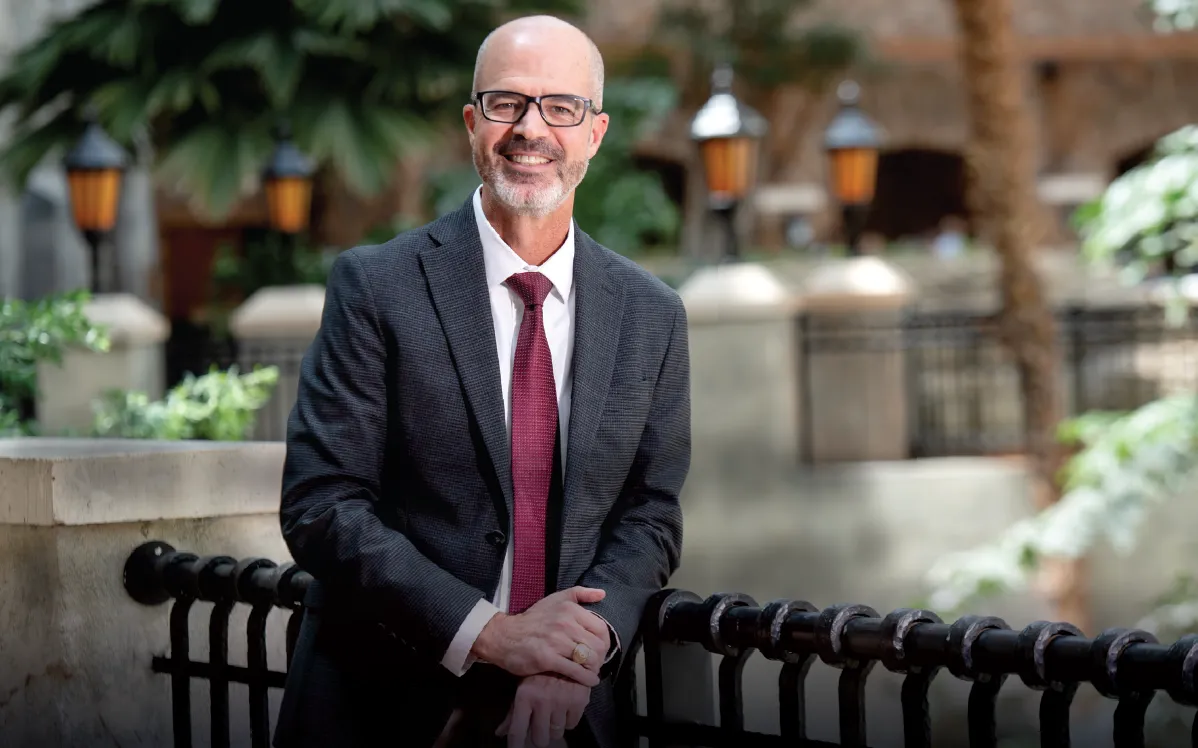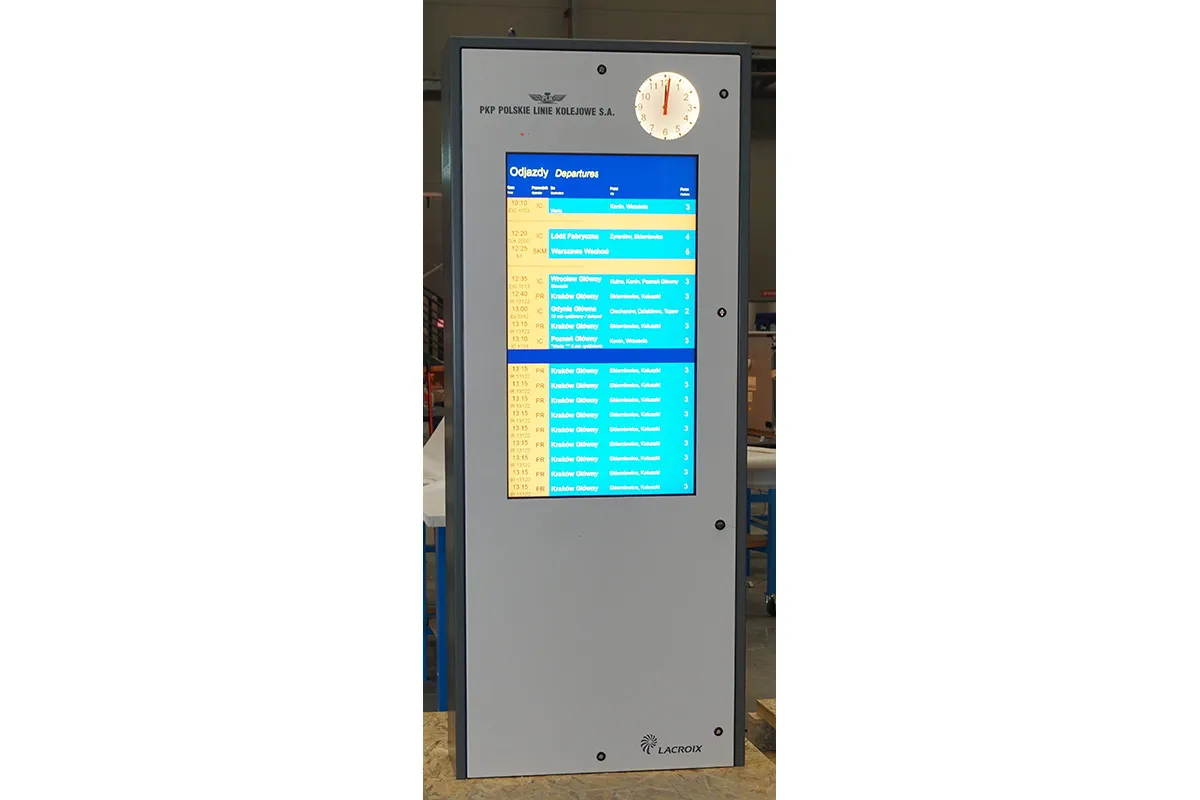A team of IBM experts completing a month-long pro bono consulting assignment has presented recommendations to Nigeria's Lagos State Government to ensure that private traffic and public transportation flows more efficiently in Africa's most populous city, Lagos. Working with the Lagos Metropolitan Area Transport Authority and the Lagos State Ministries of Transportation, Works and Infrastructure, Science and Technology, the IBM team of experts proposed technology-driven strategies to make travel easier.
June 17, 2013
Read time: 2 mins
A team of 62 IBM experts completing a month-long pro bono consulting assignment has presented recommendations to Nigeria's Lagos State Government to ensure that private traffic and public transportation flows more efficiently in Africa's most populous city, Lagos.
Working with the7133 Lagos Metropolitan Area Transport Authority and the Lagos State Ministries of Transportation, Works and Infrastructure, Science and Technology, the IBM team of experts proposed technology-driven strategies to make travel easier.
The recommendations included better coordination between agencies responsible for traffic management, police, fire and medical care to provide more accurate and up-to-date information to help transport management agencies better manage the city's traffic flow.
Also on the list of suggestions was a single, integrated e-ticketing system for all modes of transportation, similar to New York City's Metro Card or London's Oyster card system, and integrated fare management. The introduction of roadway toll rates based on traffic density was proposed to encourage the use of public transportation. The state was also advised to create a single platform for all its traffic and transportation-related data so each agency and mode of transport is integrated, helping passengers interconnect seamlessly.
Lagos State Governor Babatunde Raji Fashola said: "The need to deploy innovative approaches that address civic challenges in Lagos State has never been greater. Technology is the key to the future, and we welcome IBM's support in this regard."
The team's recommendations took advantage of existing infrastructure, and suggested ways that projects could be self-funded.
"IBM's set of recommendations address our key transportation challenges and clearly enhance our ongoing efforts to fix the myriad of issues faced by our fast developing state," said Kayode Opeifa, Lagos State commissioner for transport. Further confirming this point of view, Dr Obafemi Hamzat, Lagos state commissioner for works and infrastructure, said the state's "blueprint for transforming our struggling infrastructure into a modern ecosystem driven by data intelligence and efficient resource management has been further authenticated by these set of recommendations from IBM."
Working with the
The recommendations included better coordination between agencies responsible for traffic management, police, fire and medical care to provide more accurate and up-to-date information to help transport management agencies better manage the city's traffic flow.
Also on the list of suggestions was a single, integrated e-ticketing system for all modes of transportation, similar to New York City's Metro Card or London's Oyster card system, and integrated fare management. The introduction of roadway toll rates based on traffic density was proposed to encourage the use of public transportation. The state was also advised to create a single platform for all its traffic and transportation-related data so each agency and mode of transport is integrated, helping passengers interconnect seamlessly.
Lagos State Governor Babatunde Raji Fashola said: "The need to deploy innovative approaches that address civic challenges in Lagos State has never been greater. Technology is the key to the future, and we welcome IBM's support in this regard."
The team's recommendations took advantage of existing infrastructure, and suggested ways that projects could be self-funded.
"IBM's set of recommendations address our key transportation challenges and clearly enhance our ongoing efforts to fix the myriad of issues faced by our fast developing state," said Kayode Opeifa, Lagos State commissioner for transport. Further confirming this point of view, Dr Obafemi Hamzat, Lagos state commissioner for works and infrastructure, said the state's "blueprint for transforming our struggling infrastructure into a modern ecosystem driven by data intelligence and efficient resource management has been further authenticated by these set of recommendations from IBM."










